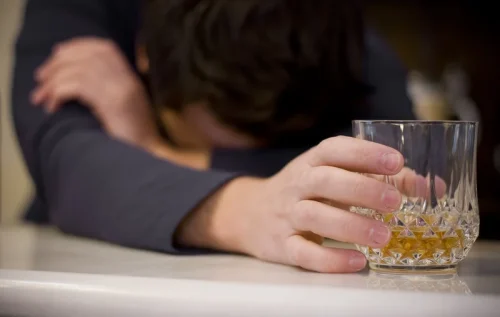
Reckless drunks become increasingly impulsive and thrill-seeking under the influence. They may engage in dangerous activities like drunk driving, unprotected sex, or dares that put their safety at risk. Angry drunks experience heightened aggression and irritability when intoxicated.

Follow us on social media

These communities offer peer support, allowing individuals to share experiences and gain insights from others who’ve battled similar issues. Ever wonder why some folks seem to get angrier when they’ve had a few? It’s not just your imagination, and it’s not because they’re bad people. So next time you observe someone drinking heavily at a gathering or bar scene try applying this guide.

Typical Risk Factors for Alcohol-Related Aggression
When you drink, you tend to experience lowered inhibitions, and make decisions you wouldn’t have otherwise. Sometimes those decisions are amphetamine addiction treatment relatively innocent, like sending a mildly inappropriate text message. As we’ve discussed, when your behavior skews toward violence and anger, your drunken behavior will be even more extreme. But what happens if you start pushing to those extremes without even drinking? “Dry drunkenness” is a similar, yet completely different type of problem.
Alcohol
Dealing with someone struggling with alcohol abuse and anger issues is a angry drunk psychology difficult situation; the best solution is to minimize friction at all costs. Avoid engaging with them and call for help when needed, then talk to them only when they’re ready to listen. Additionally, men with normal anger management skills showed increased sexual aggression under the influence of alcohol.
- Increasing the salience of inhibitory information leads us to the somewhat counterintuitive idea that alcohol can actually reduce aggressive behavior.
- Intimate partner violence is of great concern when it comes to alcohol and anger.
- You should never refer to someone using these expressions as they can be hurtful and stigmatizing.
- This is why professional guidance can be so valuable in addressing mean drunk behavior.
We all get angry, but there are times that anger might be a sign of something deeper. Evidence suggests that many people who experience symptoms of mental health conditions also report https://ecosoberhouse.com/ having problems managing their anger. My colleagues and I have conducted several studies which support this idea.
In other words, we’re likely to do things — including giving others an earful as soon as we feel irked — without thinking about the potential fallout. We might also misread social cues and lash out in response to perceived slights, non-existent threats, or frustrations. Friends should be aware of this tendency and help the Nutty Professor drunk navigate social interactions safely. Friends should intervene when they notice signs of a potential blackout, such as extreme confusion or repetitive speech. Encouraging slower drinking and hydration can help prevent blackouts.
Lifestyle Quizzes

Many people enjoy alcoholic drinks as a way of relaxing, sometimes to reduce the tension of socializing or to quiet an overactive mind. By contrast, some individuals’ alcohol consumption contributes to their anger, hostility, and even aggression. Ryan offered a more extreme example of this type of interaction. In his case, he was already predisposed to anger arousal before he had his first drink. Are aggressive people more likely to drink or does drinking make people more aggressive? Are there certain genetic factors that predict whether someone will be an angry drunk?